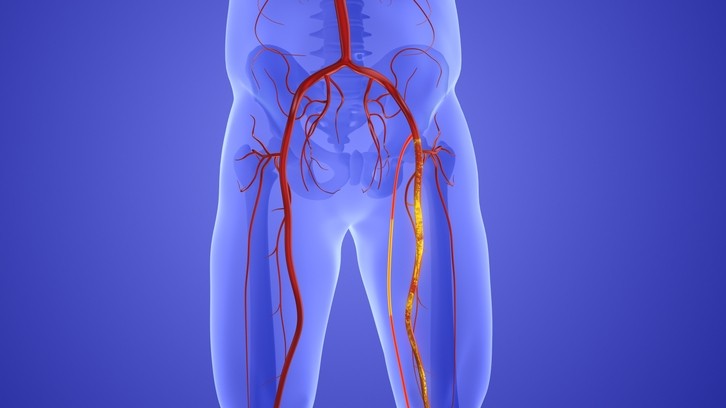Podcasts / Peripheral arterial disease – Your questions answered
Save


0.5 hours
These are activities that expand general practice knowledge, skills and attitudes, related to your scope of practice.
0.5 hours
These are activities that require reflection on feedback about your work.
0 hours
These are activities that use your work data to ensure quality results.
Educational Activities (EA)
These are activities that expand general practice knowledge, skills and attitudes, related to your scope of practice.
Reviewing Performance (RP)
These are activities that require reflection on feedback about your work.
Measuring Outcomes (MO)
These are activities that use your work data to ensure quality results.
The questions answered in this podcast are listed below.
They were compiled by GPs and health professionals around Australia.
Expert: Dr Shannon Thomas, Vascular and Endovascular Surgeon
Host: Dr David Lim, GP and Medical Educator
Total time: 39 mins

Menopausal Hormone Therapy - What Dose of Estrogen is Best?

Cardiovascular Benefits of GLP1s – New Evidence

Oral Contraceptive Pill in Teens

RSV and the Heart

expert
Vascular and Endovascular Surgeon; Specialist Vascular Surgeons, Prince of Wales Hospital, Sydney
Browse the latest podcasts from Healthed.
You have completed the Educational Activities (EA) component of this activity.
Select ‘Confirm & claim CPD‘ to confirm you have engaged with this activity in its entirety and claim your CPD.
You will be taken to explore further CPD learning available to you.
Menopause and MHT
Multiple sclerosis vs antibody disease
Using SGLT2 to reduce cardiovascular death in T2D
Peripheral arterial disease
